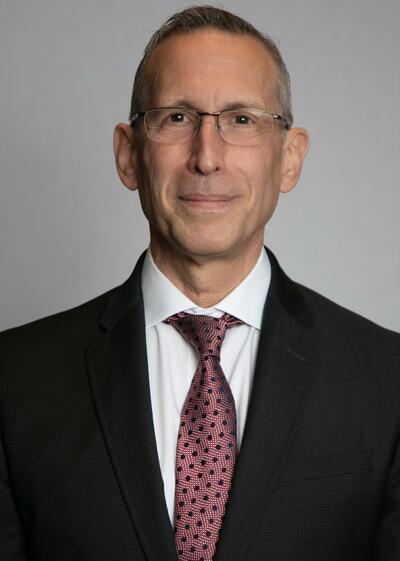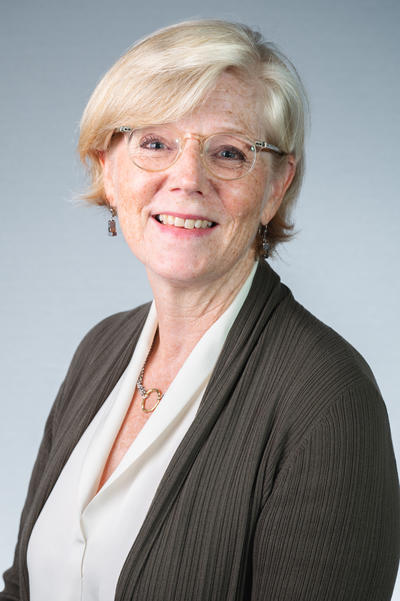Practice Metrics Committee
The Practice Metrics Committee will develop new and revise existing quality outcome measures for hepatology and provide oversight and coordination among all programs within the AASLD and other related societies.
The Practice Metrics Committee will develop new and revise existing quality outcome measures for hepatology and provide oversight and coordination among all programs within the AASLD and other related societies.
AASLD committees are active in all areas of concern to the field of liver disease and the operation of the Association. They are structured to provide interaction among members in a wide range of areas. Committee members deal with the issues and challenges affecting their area of expertise within the field, and help devise strategies, plans, and programs as directed by the Governing Board and the AASLD strategic plan.
Shivang Mehta, Sumeet K. Asrani – 4 May 2022
4 May 2022
Yejin Kim, Yoosoo Chang, Seungho Ryu, Sarah H. Wild, Christopher D. Byrne – 4 May 2022
Saul J. Karpen, M.D., Ph.D., FAASLD, is the inaugural chief scientific officer for the Stravitz-Sanyal Institute for Liver Disease and Metabolic Health at Virginia Commonwealth University, Richmond, Va., where he is a professor of internal medicine and adjunct professor in pediatric medicine at the VCU School of Medicine. He holds the Phillip B. Hylemon Endowed Chair of Medicine and Microbiology and is a pediatric hepatologist at the VCU Children’s Hospital of Richmond. The overarching aim of his research is to understand the root causes and adaptive mechanisms for cholestasis, including recent work focused on discovering novel genetic causes of biliary atresia. His overall goals are to develop integrative programs to improve clinical care, enhance basic and applied clinical research, including the discovery of new therapeutic agents—focused upon the unique and pressing needs of infants and children with liver disease and improving the continuum of care through adulthood.
On a national and international basis, he is an active participant in two NIDDK-supported consortia for liver disease: ChiLDReN and NASH CRN. Prior to joining the Governing Board, his service to the AASLD has included serving on the Nominating Committee and as Chair of the Basic Research Committee, the Cholestatic and Autoimmune Liver Diseases SIG and the Pediatric Liver Disorders SIG. Dr. Karpen is delighted and honored to serve AASLD as Councilor.
Kim M. Olthoff, MD, is the Donald Guthrie Professor of Surgery at the University of Pennsylvania, Chief of the Division of Transplant Surgery, and Vice Chair for Faculty Development. She attended the University of Chicago Pritzker School of Medicine, and completed a residency in general surgery at UCLA followed by a fellowship in transplantation and hepatobiliary surgery at the Dumont – UCLA Transplant Center, joining the Penn faculty in 1995.
Dr. Olthoff has chaired numerous committees for national and international transplant societies and organizations, and is a Past-President for the American Society of Transplant Surgeons. She has a busy clinical practice in adult and pediatric liver transplantation and hepatobiliary surgery, leading the living donor liver transplant program at Penn and the liver transplant program at the Children’s Hospital of Philadelphia. Dr. Olthof has an active research program in clinical and translational studies that focus on living donation and liver regeneration, early allograft dysfunction, and organ allocation. Dr Olthoff is a recipient of NIH funding, and has published over 200 manuscripts, editorials, and chapters.
Xingyu Lv, Jiang Chen, Jiayan He, Lidan Hou, Yiyue Ren, Xiaoyun Shen, Yifan Wang, Tong Ji, Xiujun Cai – 3 May 2022 – Pyroptosis is a kind of programmed cell death primarily mediated by gasdermin D (GSDMD) and shown to regulate multiple diseases. However, its contribution to liver regeneration, a fine‐tuned tissue repair process mediated primarily by hepatocytes after mass loss, remains unclear. Herein, we found that caspase‐11/GSDMD‐mediated pyroptosis was activated in regenerating liver after 70% partial hepatectomy.
Natali S. Sobel Naveh, Emily M. Traxler, Kelly A. Duffy, Jennifer M. Kalish – 3 May 2022 – Beckwith‐Wiedemann Syndrome (BWS) is the most common human overgrowth disorder caused by structural and epigenetic changes to chromosome 11p15. Patients with BWS are predisposed to developing hepatoblastoma (HB). To better understand the mechanism of HB oncogenesis in this cancer predisposition background, we performed the first multi‐dimensional study of HB samples collected from patients diagnosed with BWS.
Benjamin L. Shneider, Binita M. Kamath, John C. Magee, Nathan P. Goodrich, Kathleen M. Loomes, Wen Ye, Cathie Spino, Estella M. Alonso, Jean P. Molleston, Jorge A. Bezerra, Kasper S. Wang, Saul J. Karpen, Simon P. Horslen, Stephen L. Guthery, Philip Rosenthal, Robert H. Squires, Ronald J. Sokol, for the Childhood Liver Disease Research Network (ChiLDReN) – 3 May 2022 – The conduct of long‐term conventional randomized clinical trials in rare diseases is very difficult, making evidenced‐based drug development problematic.

